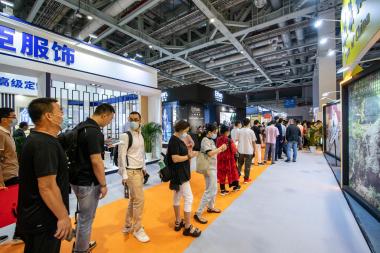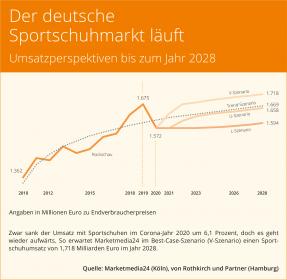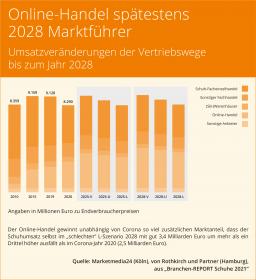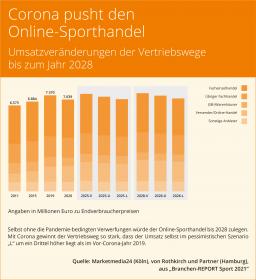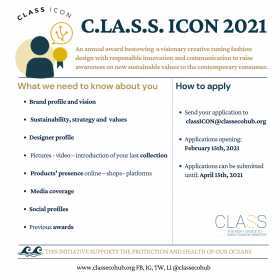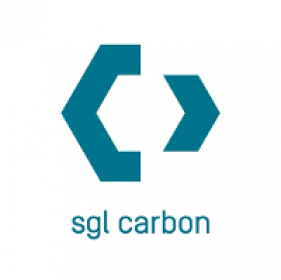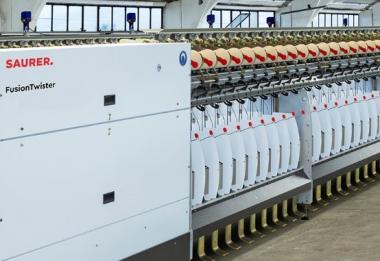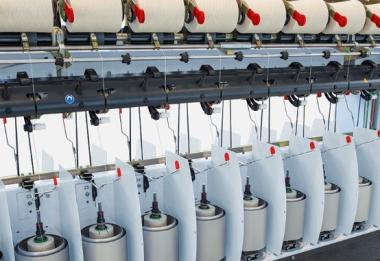New RF- Security Labels von Checkpoint Systems
- Sustainability and security combined:
- RF security labels from Checkpoint Systems can be fully recycled as part of kerbside paper-based recycling collections
To ensure that its retail customers are not negatively affecting the recyclability of product packaging by attaching security labels,Checkpoint Systems partnered with PTS – an organisation with over 70 years’experience researching the use of fibre-based solutions – to conduct a series oftechnical tests on its range of labels. The technical report concluded that consumers can safely dispose of a Checkpoint security label in a household recycling bin, without having to separate the label from the packaging, knowing that the entire pack will be recycled.
The Germany-based research consultancy PTS tested a range of Checkpoint labels. PTS analysed the labels, which were different sizes and materials, to ensure that following the standard kerbside recycling process, the recycled, fibre-based material would be of acceptable quality. Each label was applied to a piece of cartonboard to simulate a real-world scenario and the results show that all are classified as being recyclable in accordance with current regulations. All labels – including the 410 RF, 2928 RF and 4210 RF labels – achieved an excellent overall recyclability rate of over 94%.
Sustainability is essential
With brands making strong commitments to sustainability – including investing in more environmentally friendly forms of packaging like cartonboard – and consumers increasingly demonstrating their preferences for sustainable packaging it is pivotal that anything applied to an item – at any point along the supply chain or in-store – does not affect the recyclability of its packaging.
Security labels play a vital role in ensuring products remain available to purchase. Retailers have been using a diverse range of labels to protect their merchandise, working with suppliers to ‘tag’ items at source or relying on store associates to apply labels in-store. As one of the largest suppliers of RF-based Electronic Article Surveillance (EAS) labels globally, Checkpoint’s labels are applied to millions of products, which are packaged in different materials. Typically, when recycled, packaging labels tend to end up in a combination of different rubbish and recycling streams, depending on the packaging material and the consumer commitment to recycling.
Until today, the recyclability of these labels has been relatively unknown. It means that retailers and consumers could inadvertently be contaminating the paper-based packaging recycling stream with millions of security labels – still attached to packaging which could have otherwise been recycled up to 25 times.
“Security labels play an important role in helping retailers protect their profits, but it is vital they don’t stop packaging from being recycled. We are delighted to have achieved this accreditation from PTS that shows our labels can be recycled through the existing kerbside collections. It means that brands and retailers can be assured they are not negatively affecting a country’s recycling rate, while also knowing their customers can conveniently dispose of the entire pack, packaging material and label, in the same household recycling bin. Our labels passed all of PTS’ stringent tests meaning they have little to no impact on the recyclability of a piece of cartonboard packaging."

























